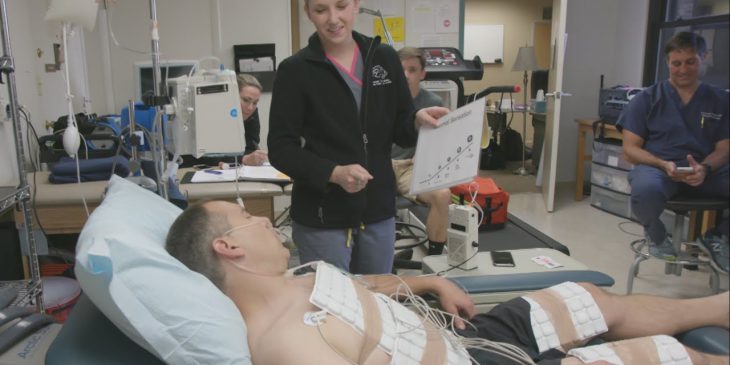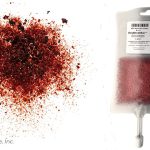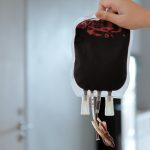When it comes to caring for stroke patients, every minute counts. But, for ischemic stroke patients who have their blood clots surgically removed, timing can be even more important.
After having their clot surgically removed, patients with symptoms of a severe ischemic stroke are often immediately transported to a tertiary care hospital. Ischemic stroke patients can lose millions of brain cells each minute they are being transported, which could be upwards of 30 minutes. The more brain cells a stroke patient loses, the longer it takes them to heal.
To combat this problem, a team of researchers in the Applied Physiology Laboratory at the University of Pittsburgh’s Department of Emergency Medicine have designed an innovative new process to slow down brain cell loss in stroke patients. The study, called Dex III, involves lowering a patient’s core temperature.
Much like therapeutic hypothermia used in cardiac arrest patients, the patient’s core body temperature is lowered down to 93 degrees Fahrenheit, which is almost 6 degrees Fahrenheit cooler than the normal 98.6 degrees Fahrenheit. This works because when the brain cells are cooled, their need for oxygen and sugar drops. This process is similar to what happens to a bear during hibernation.
However, while this concept may seem simple, the process becomes more complicated because humans do not naturally hibernate.
“When you cool a person, their natural response is to shiver, so you need to give medications that will stop the shivering,” said Dr. Jon Rittenberger, associate professor of emergency medicine, occupational therapy, and clinical and translational science, and emergency physician at UPMC Presbyterian. “Unfortunately, most of those drugs also sedate patients. This makes it hard for the neurologist to properly evaluate them and see if removing the clot has improved their symptoms.”
A novel drug called dexmedetomidine, a sedative typically used during surgery, is used to prevent shivering. It makes the patient drowsy, but easily awakened so they can respond to neurological evaluations. Moreover, dexmedetomidine is an excellent medication for suppressing shivering.
In their prior work, the group found combining both cooling and dexmedetomidine drops the patient’s heart rate. To make the protocol safer, the group is now using a second drug called glycopyrrolate to prevent a lowered heart rate.
Rittenberger and his team have been working on Dex III since May 2017 thanks to a $25,000 grant from the Clinical and Translational Science Institute at Pitt. They hope to finish it by the end of the calendar year.
“My hope would be that after this research, we have a safe method to cool these patients,” Rittenberger said. “Then, we can see if it improves their outcomes.”








